

Determining how much an artist should receive for fair use and parody of music can be a complex issue with no set formula or standard. Compensation for fair use and parody typically depends on various factors, including the specific circumstances of the use, the agreements reached between the parties involved, and the prevailing industry practices. Here are some considerations:
1. Negotiation and Agreement:
3. Industry Standards and Practices:
4. Legal Counsel and Expert Advice:
Ultimately, there is no one-size-fits-all answer to determining how much an artist should receive for fair use and parody of music. It is crucial for the parties involved to engage in open communication, negotiate in good faith, and consider the unique circumstances of each case. Seeking legal counsel and professional advice can help ensure a fair and equitable agreement that respects the rights of the copyright holder while compensating the artist appropriately.
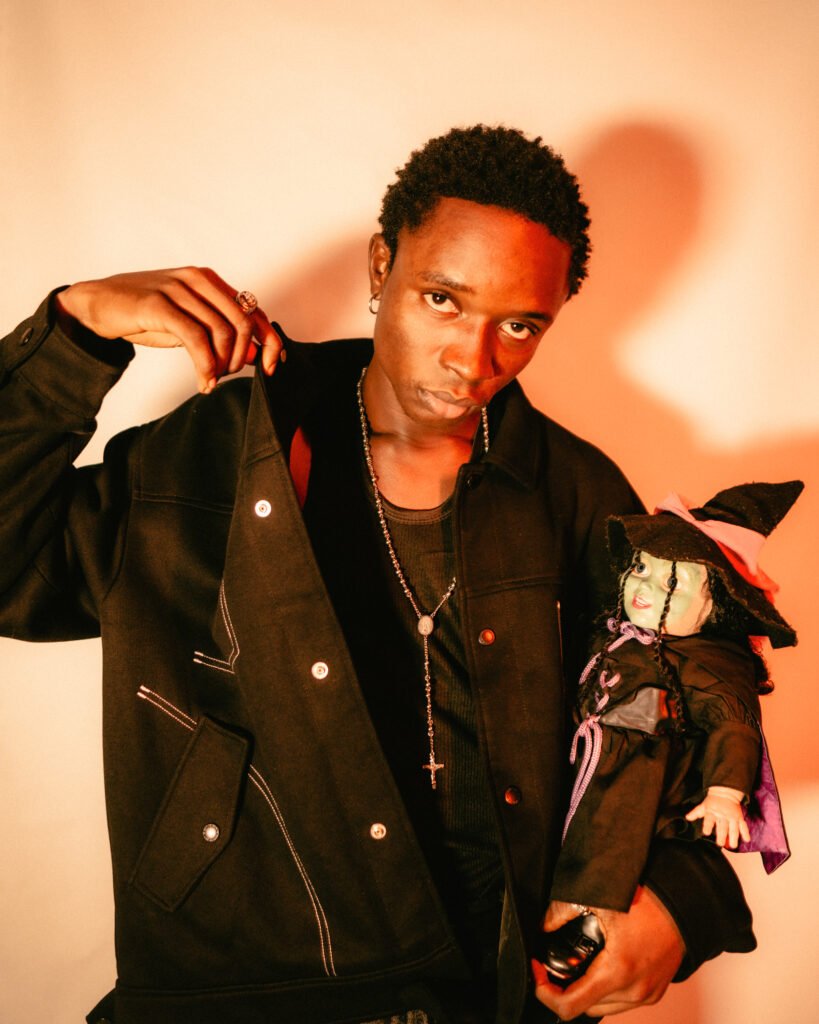
At A&R Duty, we take pride in conducting exclusive interviews with independent bands, musicians, and artists from around the world. Our conversations dive deep into their upcoming releases, planned tour dates, and other fascinating topics that showcase their uniqueness and make them stand out from the crowd!
To be featured here and interviewed, submit here.
Get ready to dive into the extraordinary world of Firstklaz, the rising artist and songwriter who has been making waves with his infectious song “I Like Girls.” This visionary talent has captured the hearts of music lovers around the globe. In this exclusive interview, we have the privilege of delving into Firstklaz’s creative process, exploring his experiences in the entertainment capital, and uncovering his grand vision for the future. Brace yourself for a captivating conversation that will leave you inspired and eager to learn more about the mind behind the music. Prepare to be enchanted as we uncover the triumphs, challenges, and brilliant future that lies ahead for Firstklaz. Let’s get started!

Andrea: Hi Firstklaz, we’d love to know more about you and your preferences when it comes to the perfect night out. Can you share with us your ideal evening and the kind of company that would make it truly special?
Firstklaz: Absolutely! As an artist who values my personal space and finds comfort in quieter settings, my ideal night out reflects my innate introverted nature. Picture this: a cozy atmosphere with soft lighting, accompanied by a captivating art gallery or a serene acoustic performance. Surrounded by a select group of close friends or perhaps someone who understands my introversion, we would engage in deep conversations, appreciating the artistry and the beauty of the moment.
Whether it’s sharing laughter and stories amidst the company of like-minded souls or simply basking in the peaceful ambiance of a cozy reading nook, my ideal night out is all about nurturing meaningful connections and finding solace in the things that truly resonate with my introverted soul.
In summary, my perfect evening embraces the warmth of intimate settings, intellectual conversations, and a true appreciation for the arts. It’s all about creating unforgettable memories with individuals who understand and respect my introverted nature, allowing me to fully embrace the beauty of an ideal night out that aligns with who I am at my core. Thank you for the fantastic question!
Yeah, that’s good that’s interesting.
Andrea: Okay, so on days when you must go out because I mean it’s not something we can entirely rule out but on days when you just must go out, who would you like to go with you? Who would you take with you?
Firstklaz: Yeah, I have a friend whose name is web-plug.
Andrea: Web plug?
Firstklaz: Yeah, I like going out with him because he’s outspoken. Those kinds of people create opportunities for you. There are things I can’t say myself as an artist because it might come off as trying to brag, so I like going out with him because he says them on my behalf
Response (Andrea): I like that. I’m with you on that. I’m with you on that, everyone likes an intellectual speaker, and having that kind of person as a friend is a plus, a huge plus, and a breath of fresh air, I can’t lie.
Firstklaz: Yes, I’ve listened to your song, your music is so thrilling, and it catches my attention and the attention of the whole of A&R Duty, I can say that for sure.
Response (Andrea): Thank you.
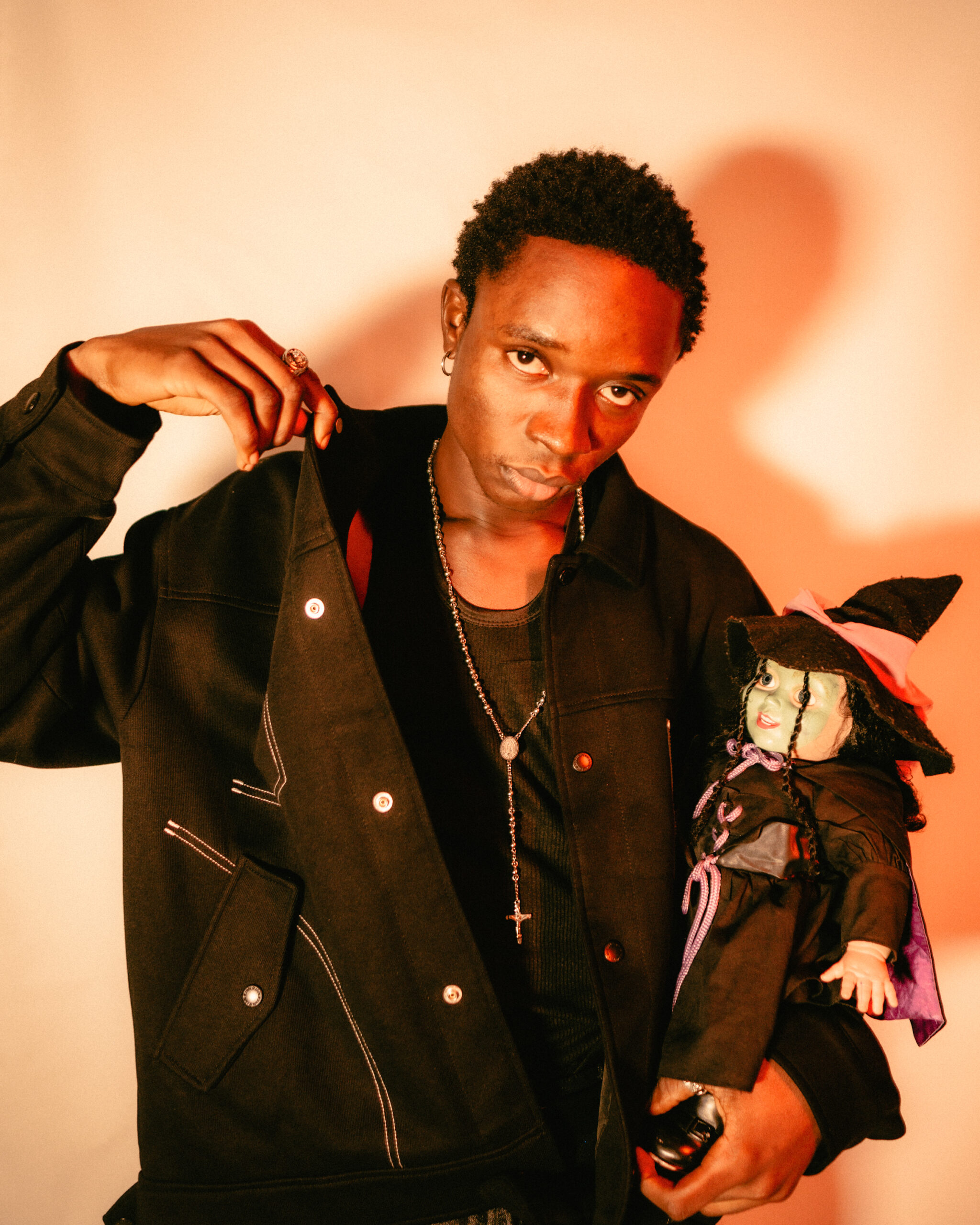
Andrea: Who do you make music for?
Firstklaz: Everybody. yeah, my music is not boxed like it’s not limited to a particular set of people. I don’t like limiting myself because I feel like as humans, we can do anything we can imagine so I don’t like putting myself in a box. I try to do something everybody can enjoy.
Andrea: Firstklaz, networking plays an integral role in the art world, and we’d love to know more about your approach to it. How do you go about networking, and how does it fit into your artistic journey?
Firstklaz: That’s a great question. When it comes to networking, I believe it’s an essential part of the art world and a vital tool for any artist seeking to make their mark in the industry. For me, networking involves a multifaceted approach that encompasses both physical and digital outreach.
In terms of physical networking, I attend art events, exhibitions, and other gatherings within my community. These events provide an opportunity for me to meet other artists, art collectors, and industry professionals. By engaging with them and building meaningful relationships, I can expand my knowledge of the art world, gain valuable insights about exhibition opportunities, and build my reputation as an artist.
When it comes to digital networking, social media platforms are an excellent means for me to showcase my artwork, connect with other artists and industry professionals, and engage with a wider audience. Posting regularly, using relevant hashtags, and interacting with followers are essential aspects of digital networking for me.
Networking is not just about finding new opportunities, but it’s also about building lasting relationships. When you focus on building genuine connections, it becomes more than just a means to an end and instead becomes a fulfilling experience that helps you grow both professionally and personally.
Andrea: Your latest single “I like girls”. It has stunned our speakers and it has kept them awake a lot. I love it. Like I said before, I love it and I’d like to ask what the vision behind the track was. And tell us who was involved in the creation of that song.
Firstklaz: Okay the vision for that song is… most times when I pick up my phone, I’m on Twitter especially.
When I scroll through, I see people trying to insult women and say nasty stuff about them. Most people saying those things have sisters, we have significant others, we have so many special women in our lives, so I don’t know if they really like the fact people say stuff about their sisters and all that. women are very special; I think they deserve better
And in the creation of that song; The producer, hit sound was the producer that made the beats, crazy and he sent it to me then I just like created a song and I told him the song was going to blow up.
Response (Andrea): And it did. That’s interesting, it’s good to know and I like the fact that you put women in front of your music. you made something for them, gave them a place, gave them a voice, gave them confidence, it’s good to have people stand up for women. it’s good it’s good, I like that.
Andrea: So how are things with you and how has the reaction been since you released the music “I like girls” what has been the reaction of people?
Firstklaz: It’s been crazy I really had to log out of my Instagram from my phone now when I’m talking to you because I mean like my phone right now, notifications from different places so I just don’t want anything to distract this special interview, so I had to log off my Instagram. It’s been crazy people really love this song.
Response (Andrea): Interesting, interesting.
Andrea: Okay, moving on, do you have a particular project coming out soon?
Firstklaz: Yeah, okay I’m the type of guy that I might decide to drop something today, tomorrow I’ll stop feeling it then the next day after tomorrow I’ll come up with different stuff altogether. So, I’ve recorded more than seven projects. As I said earlier, I’m a very boring guy so music is the only thing I do, most of the time. like I have other stuff, but music is what I give like my hundred. yeah, so I record a lot.
I have a project that’s supposed to come out soon, “invalid”, or “format”. like a pack of three songs. oops; oops is a song on its own. Invalid, this is a song on its own, format is a song on its own. Oops, I’ve recorded it, I’ve done everything, I even shot the video for oops but like I said I’m this type of person now that will do something, and I’ll change my mind so that’s the only thing holding that project for now and I have a short feel for it.
I’m saying it here for the first time. This is the first time I’m announcing the project.
Response (Andrea): Oh, great Thanks for sharing that with us Well, we’ll be very happy to listen to those songs and see what you have for us we’ll be delighted to. so please try and release it soon for us, we’re starving.
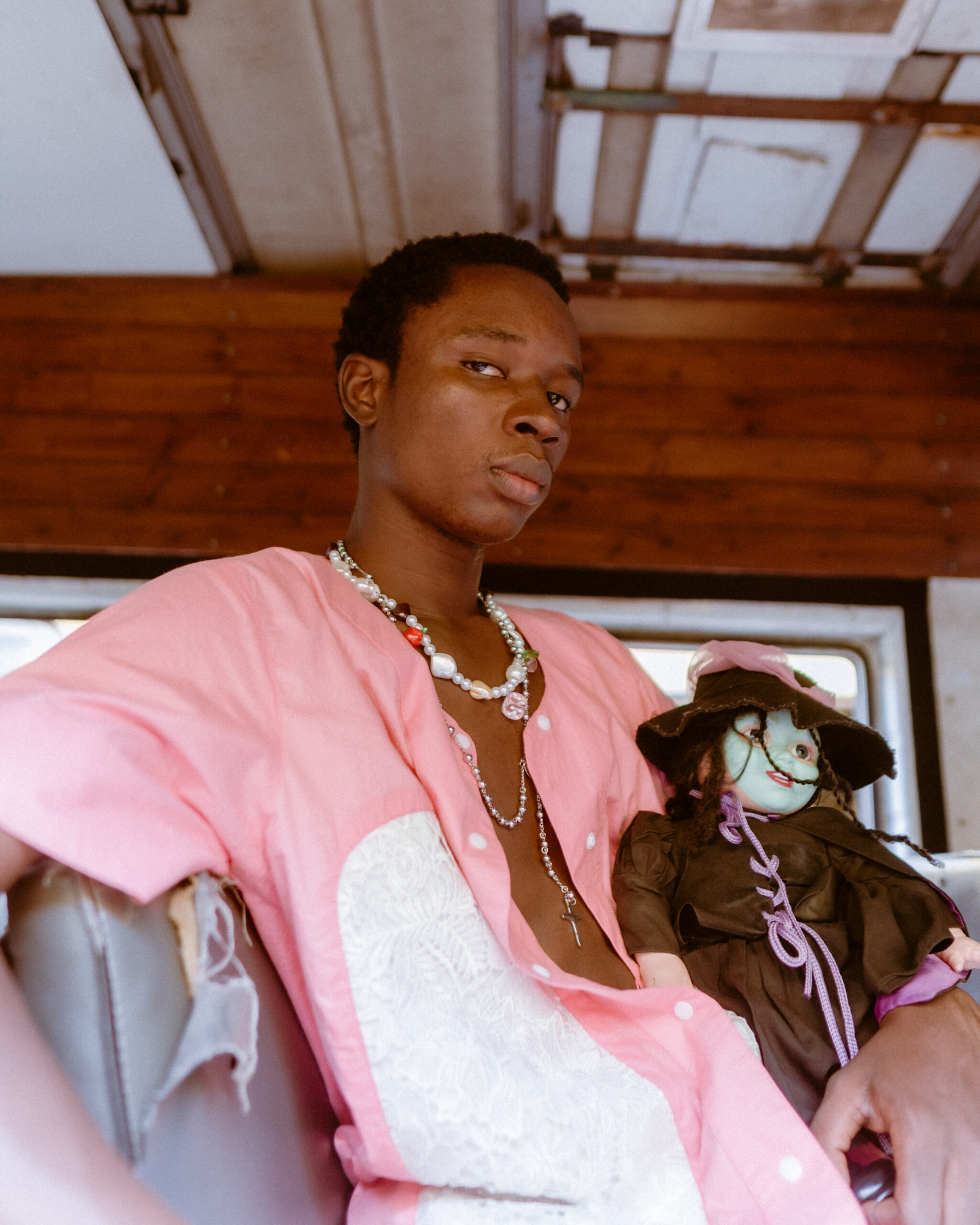
Andrea: Yeah, lyrically we really like your storytelling and you really let us into your current mindset which is good do you feel that writing is becoming easier for you? like over time do you think writing has become easier for you?
Firstklaz: Yeah I think so and I have always wanted to write movies and books so that’s one of the things I’ve learned a lot of like from the lyrics I learned a lot from movies like those people writing movies script writers and those people writing book authors and all that I learned a lot from their steps everything like how they break things down so I think that is helping me in my songwriting.
Andrea: That’s impressive really, very impressive. Okay, we’ve basically gone over all the questions I’ve had scheduled for you do you have any questions you would like to ask?
Firstklaz: Uh not at all. yeah, and I would like to say big ups to you guys. You are doing a great job because we artists, Artists like me need to go through a lot to get ahead so people like you make our work easier.
Response (Andrea): “Appreciate the love! ❤️👏”
Response (Firstklaz): Yeah, keep supporting Afrobeat. It would be the next great thing. It would be the new R&B.
Response (Andrea): It will. well, the plan is to grow together and with talents like you I’m sure the sky is the stepping stone. so big ups keep it up we are very impressed with everything you’ve done and what you plan on doing moving on and we do hope to keep the relationship it’s been a great time having you on it’s been very interesting, very fun I like where you communicate I like your vision and of course, I love your song so thank you very much and like I said I do hope to hear from you soon I do hope to see more stuff from you soon yeah keep up the good work keep on mastering your crafts. The sky is just your starting point. Thank you.
Andrea: Okay one more question, what do you have planned for the rest of the year?
Firstklaz: Every year, I set a milestone I want to achieve for myself. And this year, I said I want to get like 500k followers on Instagram, and on every platform earlier this year I was at 4,000 followers and this is just June and I’ve gotten to like 25k so I still believe I can get there so and I have a lot of stuff coming to a lot of work like I really want to do this I don’t want to like I said earlier I don’t want to be boxed doing stuff for this set of people I want to do global stuff I want to like I’m really going to take afrobeat global like what I said earlier. Afrobeat is going to be like the next R&B. So, like before December I know a lot of things are going to happen and a lot of things will change.
Andrea: Definitely. You are in Lagos?
Firstklaz: Yes, I’m in Lagos.
Andrea: How has the vibe been since you got here?
Firstklaz: It’s been crazy!!! Lagos is not for the weak.
Andrea: So, what have you been up to since you got here?
Firstklaz: I have been recording. Working on more projects.
Andrea: Interesting, interesting. Okay, that’s good. That’s good. I guess we will wrap it up now. Thank you, thank you for having me. Thank you for giving us your time. I’ll leave you to enjoy the rest of your day. Enjoy your holiday. Thank you so much.
Firstklaz: Thanks for having me
Listen up further on his Spotify.
See more via the IG page.
Interviewed by “Andrew Ebosetaleh Andrea”
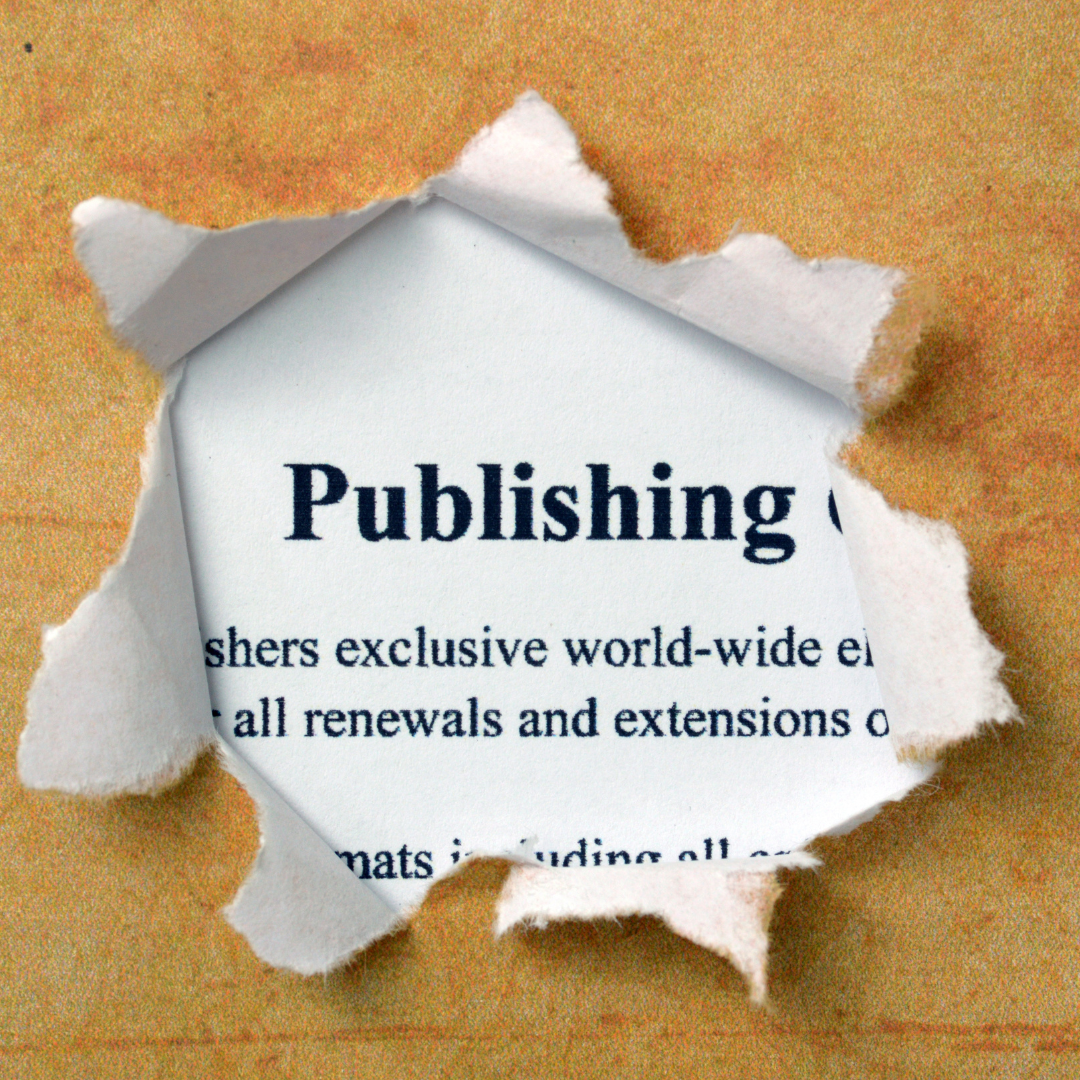
Introduction:
The music industry is a complex and multifaceted business, and while artists may be the creative force behind the music, there are many other players involved in bringing that music to the masses. Two key players in the music industry are A&R and music publishing. In this blog post, we’ll explore the roles of A&R and music publishing in the business side of music and how they work together to support artists and promote their music.
What is A&R?
A&R, or artists and repertoire, is the department within a music label that is responsible for scouting and signing new talent, as well as nurturing the careers of established artists. A&R executives work closely with artists to help them develop their sound, image, and brand, as well as connecting them with industry professionals who can help further their careers. A&R is essential in helping artists get noticed in an oversaturated music industry and building a successful career.
What is Music Publishing?
Music publishing is the business of managing and monetizing the rights to songs and compositions. Music publishers work with songwriters and composers to promote their music, collect royalties, and license their music for use in films, TV shows, commercials, and other media. Music publishing is essential in helping songwriters and composers earn a living from their music and ensuring that their work is protected and properly compensated.
How A&R and Music Publishing Work Together:
A&R and music publishing work closely together to support artists and promote their music. A&R executives work with songwriters and composers to help them develop their craft and connect them with music publishers who can help promote their music. Music publishers, in turn, work with A&R executives to identify promising new talent and develop relationships with emerging artists.
Music publishers also play a crucial role in helping artists monetize their music. They collect royalties from streaming services, radio stations, and other sources, and ensure that songwriters and composers are properly compensated for their work. A&R executives can work with music publishers to negotiate favorable publishing deals for their artists, ensuring that they receive a fair share of the revenue generated by their music.
The Importance of A&R and Music Publishing in the Music Industry:
A&R and music publishing are both essential components of the music industry, providing support and opportunities for artists and ensuring that their work is properly compensated. Without A&R, many talented artists may never get the chance to be discovered and develop their careers. Without music publishing, songwriters and composers may struggle to earn a living from their music, and their work may not reach its full potential.
Conclusion:
A&R and music publishing are both critical components of the music industry, providing support and opportunities for artists and ensuring that their work is properly compensated. By working together, A&R executives and music publishers can help artists develop their sound, promote their music, and earn a living from their work. Aspiring artists and songwriters should be aware of the importance of A&R and music publishing in the business side of music and seek out opportunities to work with professionals in these areas to further their careers.


The music industry is a tough business, and emerging artists face a myriad of challenges in getting noticed and building a successful career. With so many talented musicians vying for attention, it can be difficult to stand out from the crowd. This is where A&R comes in – the artists and repertoire department of a music label that plays a crucial role in discovering and developing new talent. In this blog post, we’ll explore the significance of A&R in the music industry and how it can help artists get noticed in an oversaturated market.
A&R is the department within a music label that is responsible for scouting and signing new talent, as well as nurturing the careers of established artists. A&R executives work closely with artists to help them develop their sound, image, and brand, as well as connecting them with industry professionals who can help further their careers. Examples of successful artists that have benefitted from A&R support include Asake, Rema, Ruger etc
Ways in Which A&R Can Help Artists Stand Out:
Providing Guidance and Support in the Creative Process:
A&R executives can provide valuable feedback to artists on their songwriting, production, and performance, helping them refine their craft and develop their unique sound. They can also help artists identify their strengths and weaknesses and provide guidance on how to improve.
A&R executives have extensive networks within the music industry and can help artists connect with producers, managers, and promoters who can help further their careers. They can also help artists navigate the complex world of contracts and negotiations.
A&R executives can help artists develop their brand and image, including social media strategy, marketing, and publicity. This can help artists stand out in a crowded market and attract the attention of fans and industry professionals alike. They can also help artists develop their visual identity, such as album artwork and music videos.
A&R departments can provide financial support to artists, such as funding for recording sessions, music videos, and promotional materials. This can be especially beneficial for emerging artists who may not have the resources to invest in their careers.
One of the most famous examples of A&R success is Adele, who was discovered by XL Recordings’ Richard Russell. Russell signed Adele to the label and worked closely with her to develop her sound and image, helping her become one of the most successful artists of the past decade. Another example is Billie Eilish, who was discovered by her now-manager, Danny Rukasin, who was working in A&R at the time. Rukasin helped Eilish develop her unique sound and image, leading to her massive success in the music industry.
A strong A&R team can make all the difference in an artist’s career, providing valuable guidance, support, and connections that can help them succeed in a competitive industry. Working with a reputable music label with a strong A&R department can provide artists with the resources they need to build a successful career. A strong A&R team can also help artists navigate the challenges of the music industry, such as negotiating contracts and dealing with legal issues.
As an emerging artist, working with A&R can be a valuable opportunity to develop your sound, image, and brand, as well as connect with industry professionals who can help further your career. To get noticed by A&R executives, it’s important to have a strong online presence, including a professional website and active social media accounts. You should also be actively performing and recording music, and be open to feedback and constructive criticism.
In an oversaturated music industry, A&R can make all the difference in helping emerging artists get noticed and build a successful career. By providing guidance and support in the creative process, connecting artists with industry professionals, developing the artist’s brand and image, and providing financial support, A&R can help artists stand out in a crowded market. Working with a strong A&R team can provide artists with the resources they need to succeed in the music industry. As an emerging artist, it’s important to be proactive and open to feedback, and to work hard to develop your craft and build your brand.
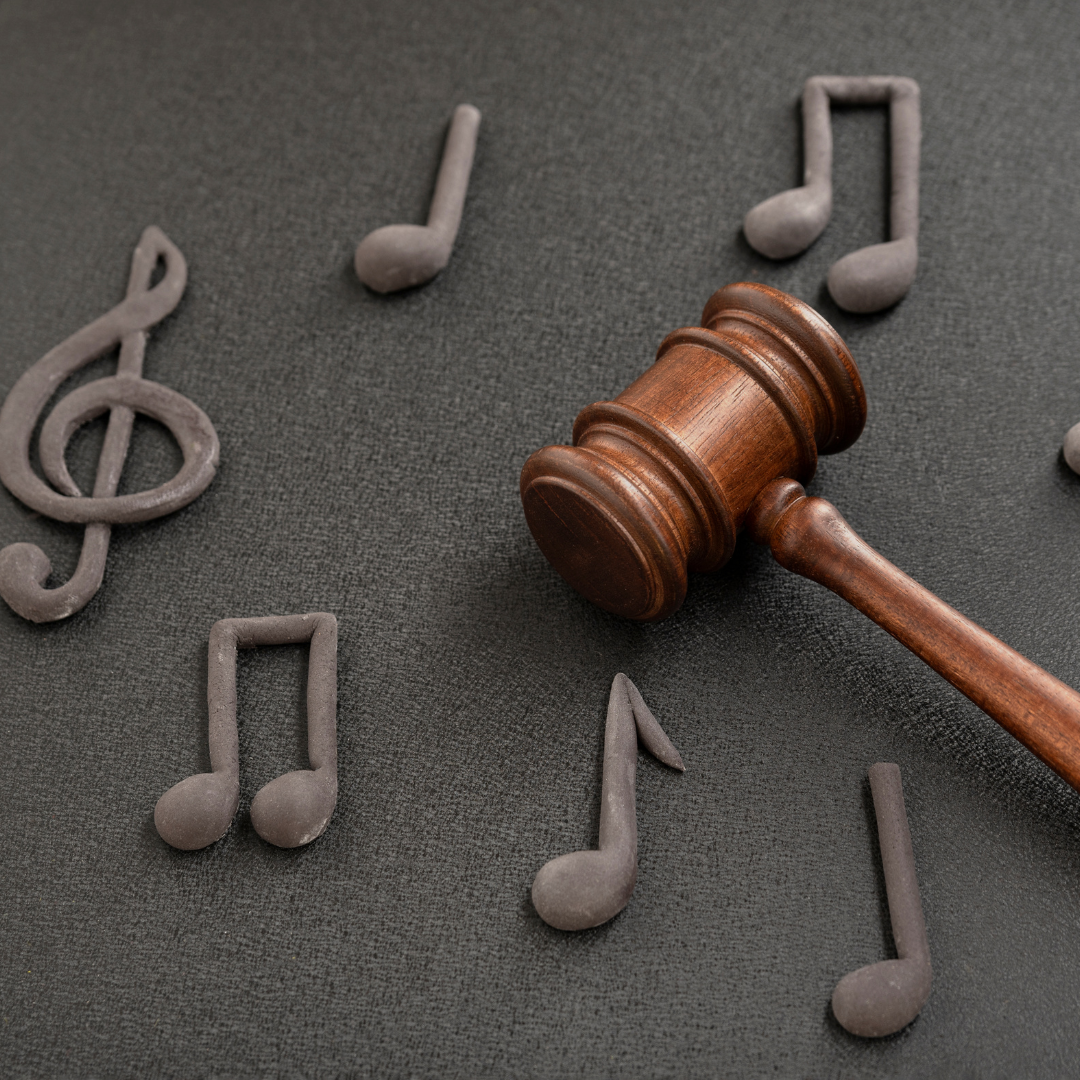
Getting your music heard by a wider audience can be a challenge for emerging artists, but one avenue that can help is music licensing. Music licensing involves the use of music in film, TV, advertising, and other media, and can provide valuable exposure and revenue for artists. A&R, or artists and repertoire, is the department within a music label that is responsible for scouting and signing new talent, as well as nurturing the careers of established artists. In this blog post, we’ll explore the role of A&R in music licensing and how emerging artists can get their music in film, TV, and advertising.
A&R plays a crucial role in music licensing by helping artists connect with music supervisors, who are responsible for selecting music for use in film, TV, and advertising. A&R executives work with artists to identify songs that are suitable for licensing and promote them to music supervisors. They also negotiate licensing deals on behalf of their artists, ensuring that they receive a fair share of the revenue generated by their music.
To get your music noticed by music supervisors, you need to have a professional demo that showcases your best work. Your demo should include high-quality recordings of your music, as well as a brief bio and contact information. You can create your demo using home recording equipment or work with a professional studio to produce a more polished product.
Networking is essential in the music industry, and it’s no different when it comes to getting your music in film, TV, and advertising. Attend industry events, connect with music supervisors on social media, and reach out to A&R executives to introduce yourself and your music. Building relationships with industry professionals can help you get your foot in the door and increase your chances of getting your music licensed.
Music libraries are collections of pre-cleared music that music supervisors can license for use in film, TV, and advertising. Submitting your music to music libraries can increase your chances of getting your music licensed, as music supervisors often turn to these libraries when searching for music. Some popular music libraries include Musicbed, Audio Network, and Epidemic Sound.
Music supervisors often have specific requirements when it comes to selecting music for use in film, TV, and advertising. They may ask for specific genres, moods, or tempos, or require instrumental versions of your songs. Be flexible and open to feedback, and be willing to make changes to your music to meet the needs of music supervisors.
Getting your music licensed for use in film, TV, and advertising can be a valuable opportunity for emerging artists, providing exposure and revenue for their work. A&R plays a crucial role in music licensing by helping artists connect with music supervisors and negotiate licensing deals. To get your music in film, TV, and advertising, you need to create a professional demo, network with music industry professionals, submit your music to music libraries, and be flexible and open to feedback. By following these tips and working with A&R professionals, emerging artists can increase their chances of getting their music licensed and reaching a wider audience.
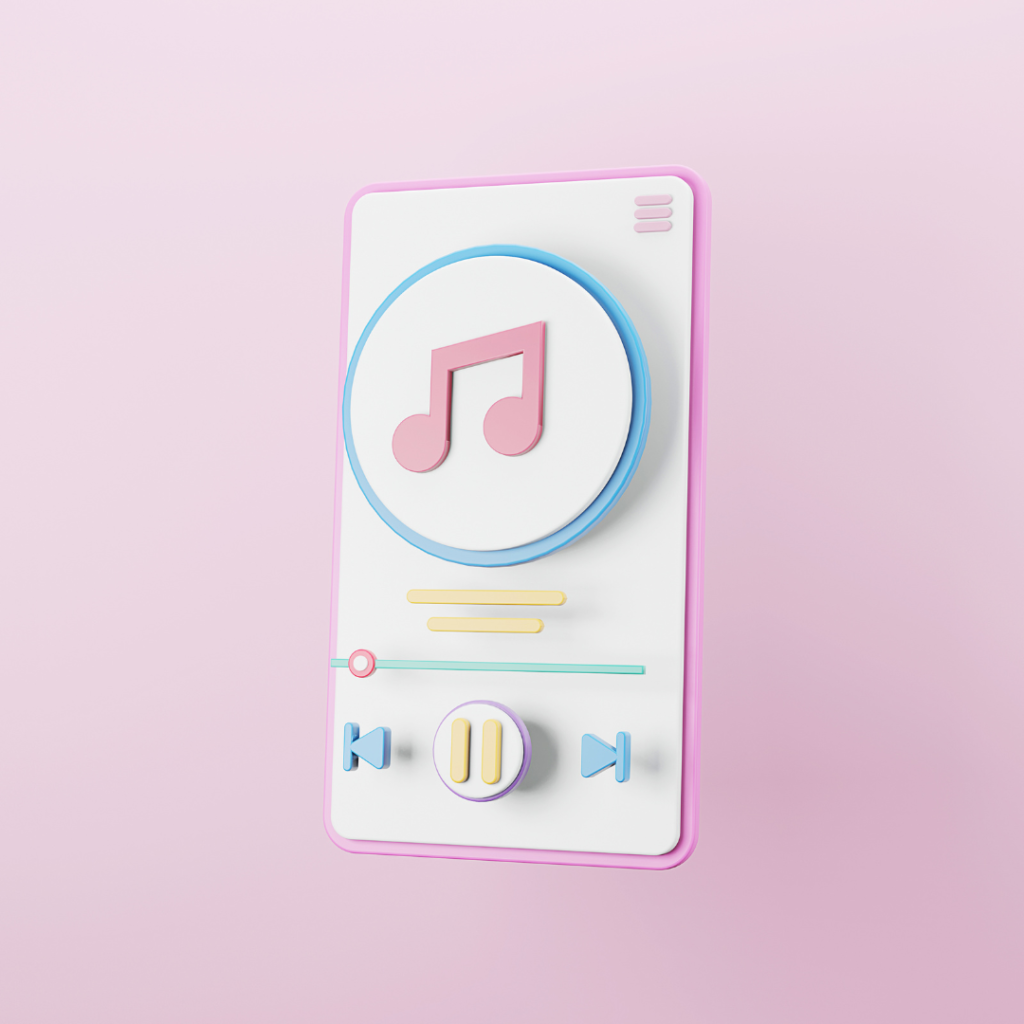
The music industry has undergone significant changes in recent years with the rise of digital platforms and streaming services. A&R, or artists and repertoire, is the department within a music label that is responsible for scouting and signing new talent, as well as nurturing the careers of established artists. In this blog post, we’ll explore the impact of digital platforms and streaming services on A&R and how they have changed the way music is discovered, promoted, and consumed.
Digital platforms, such as YouTube, SoundCloud, and Bandcamp, have made it easier than ever for artists to share their music with the world. These platforms provide a low-cost and accessible way for artists to distribute their music and reach a wider audience. They also provide valuable data and analytics that can help A&R executives identify emerging trends and new talent.
Streaming services, such as Spotify, Apple Music, and Tidal, have revolutionized the way music is consumed. These services provide instant access to millions of songs, allowing listeners to discover new music and build personalized playlists. They also provide valuable data and insights into listener behavior, which can help A&R executives identify emerging trends and popular artists.
A&R executives play a crucial role in the success of artists on streaming services. They work closely with artists to develop their sound, image, and brand, as well as connecting them with industry professionals who can help further their careers. A&R executives also use data and analytics from streaming services to identify emerging trends and popular artists, and to develop strategies for promoting their music.
Music streaming has many benefits for artists, including increased exposure, revenue, and fan engagement. Streaming services provide a global platform for artists to reach a wider audience, and they pay royalties to artists based on the number of streams their music receives. Streaming services also provide valuable data and insights into listener behavior, which can help artists better understand their audience and tailor their music to their fans’ preferences.
While music streaming has many benefits for artists, it also presents some challenges. The low royalty rates paid by streaming services have been a source of controversy in the music industry, with many artists and industry professionals calling for fairer compensation for artists. Streaming services also make it easier for listeners to skip songs and playlists, which can make it harder for artists to build a loyal fanbase.
A&R executives can help artists succeed on streaming services by developing strategies for promoting their music and engaging with fans. They can help artists identify emerging trends and popular artists, and develop strategies for building a loyal fanbase. A&R executives can also work with streaming services to negotiate favorable deals for their artists, ensuring that they receive a fair share of the revenue generated by their music.
Digital platforms and streaming services have transformed the way music is discovered, promoted, and consumed, and have had a significant impact on A&R. While music streaming presents some challenges for artists, it also provides many opportunities for increased exposure, revenue, and fan engagement. A&R executives play a crucial role in helping artists succeed on streaming services by developing strategies for promoting their music, identifying emerging trends and popular artists, and negotiating favorable deals with streaming services. By working with A&R professionals and embracing the opportunities presented by digital platforms and streaming services, artists can increase their chances of success in the music industry.
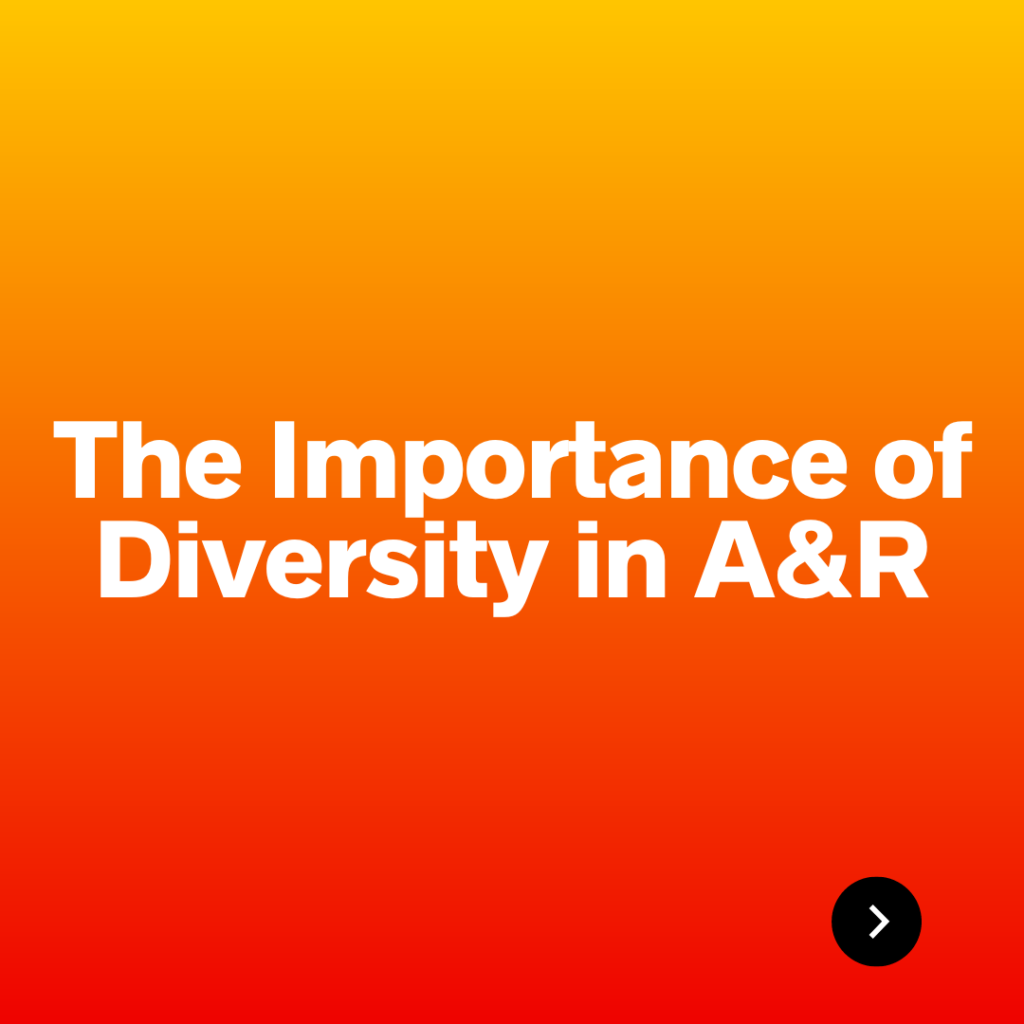
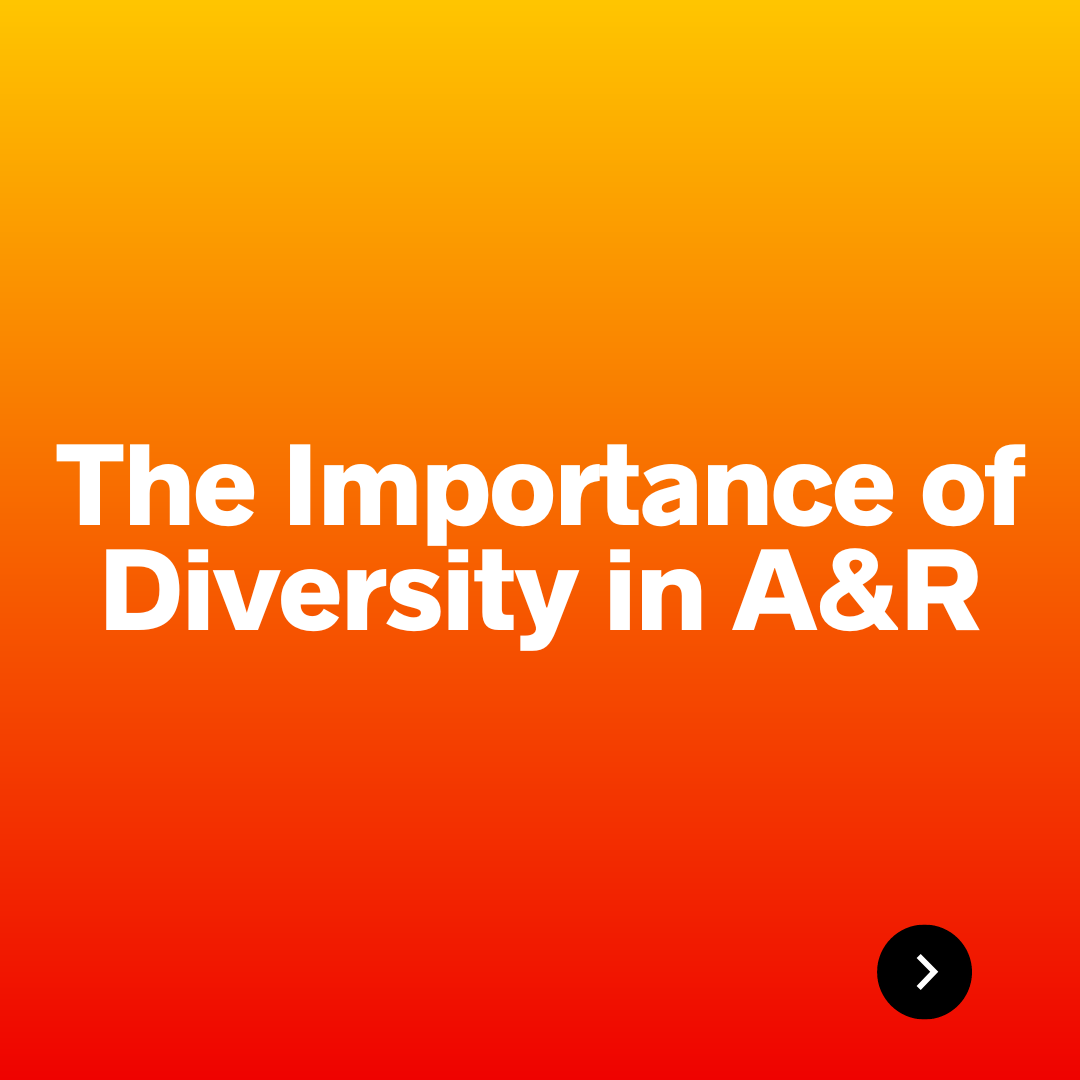
The music industry has a long history of excluding diverse voices and perspectives, with many artists from underrepresented communities struggling to break into the mainstream. A&R, or artists and repertoire, is the department within a music label that is responsible for scouting and signing new talent, as well as nurturing the careers of established artists. In this blog post, we’ll explore the importance of diversity in A&R and how it can help break down barriers in the music industry.
Diversity in A&R is essential for promoting a wide range of voices and perspectives in the music industry. A&R executives who come from diverse backgrounds are more likely to identify and sign artists from underrepresented communities, and to understand the unique challenges these artists face. They are also more likely to develop strategies for promoting these artists and breaking down barriers to success.
Diversity in A&R can bring many benefits to the music industry, including increased creativity, innovation, and profitability. A diverse A&R team can bring a wide range of perspectives and experiences to the table, helping to identify emerging trends and new talent. They can also help to develop strategies for promoting artists to diverse audiences, increasing their chances of success and profitability.
The music industry has a long history of excluding diverse voices and perspectives, with many artists from underrepresented communities struggling to break into the mainstream. A&R executives who come from diverse backgrounds can help to break down these barriers by identifying and promoting artists from underrepresented communities. They can also work with industry professionals to develop strategies for promoting these artists to diverse audiences, increasing their chances of success and breaking down barriers to entry.
A&R executives play a crucial role in promoting diversity in the music industry by identifying and signing artists from underrepresented communities, and developing strategies for promoting these artists to diverse audiences. They can also work with industry professionals to create a more inclusive and equitable music industry, by advocating for fair compensation and representation for artists from underrepresented communities.
Diversity in A&R is essential for promoting a wide range of voices and perspectives in the music industry, and for breaking down barriers to success for artists from underrepresented communities. A diverse A&R team can bring a wide range of perspectives and experiences to the table, helping to identify emerging trends and new talent. By promoting diversity in A&R and advocating for fair compensation and representation for artists from underrepresented communities, we can create a more inclusive and equitable music industry for all.


As an artist, your brand is everything. It’s how you connect with your audience, how you stand out in a crowded market, and how you establish your unique identity as an artist. But building a brand can be overwhelming, especially if you’re just starting out. Here’s a step-by-step guide to help you brand yourself as an artist:


In this guide, we’ll cover the basics of launching a music career in Nigeria. The Nigerian music industry is booming and it’s a great place to get started as an artist.
The next step is to find the right opportunities. You can do this by networking and building a fanbase, exploring music festivals and competitions, or both.
There are many ways to network but the most effective way is through social media platforms like Facebook, Twitter, Instagram, and LinkedIn (to name a few). You can also reach out to friends who are already established in the industry for advice on how they got started in their careers as well as tips on how you can get started too!

Marketing and promotion are key to any successful music career.
You can make money from music in a variety of different ways. There are many revenue streams that can be explored, and it’s important to know how each one works so you can maximize your earnings. Some of the most common ways to monetize your music include:
There are a few things you need to understand before you can really get your career off the ground. First, copyright law is very important in Nigeria and it’s crucial that you understand how it works. Copyright protects original works of authorship, such as songs and recordings, against unauthorized use by others. This means that if someone steals or copies your music without permission, they could be sued for damages by the owner of the copyright (you!).
You should also familiarize yourself with contracts so that when someone offers you a deal on their label or management company, you know what kind of contract they’re offering and whether or not it’s fair for both parties involved. It’s also important to protect yourself from any potential legal issues down the road; this means registering all your songs with PRS (Performance Rights Society) so other artists cannot perform them without paying royalties back into your pocket!


A website is an online presence of an individual or business that can be accessed through a web browser. It allows you to share information about yourself and your work with the world, as well as connect with people who may be interested in what you do.
A website is an essential tool for artists to showcase their work, reach a wider audience, easily distribute their music and gain more visibility and credibility.
Here are some benefits of having a website:
A website is an essential tool for any artist. It’s a place where you can showcase your work, share news and updates with fans, connect with other artists and even sell your merchandise.
Here are some of the most important features of a website:
The first step to improving your website is to track its performance. This means tracking how many people visit, what they do on the site, and where they go next. You can then use this data to improve your website’s design and content so that it appeals more strongly to visitors.
For example: if you find that most people are leaving after reading only one article on your blog (and not returning), then maybe it would be better if there were more articles available or if they were organized differently so that readers could easily navigate through them.
Now that you’ve created a website, it’s time to get the word out. The best way to do this is through marketing strategies.
Having a website for an artist is essential for success in the music industry. It provides a professional platform to showcase your work, reach a wider audience and gain more visibility and credibility.